Statement on UK's new Illegal Migration Bill
We write this statement as an alliance of anti-trafficking experts and service providers from Europe, Asia, Africa, Latin America and the Caribbean and North America. We wish to express our deep concern over the proposals contained within the UK’s Illegal Migration Bill 2023. If enacted, this Bill will have grave consequences for our ability to work together across borders and combat human trafficking.
For decades, the UK has been a key ally in the fight against human trafficking. The proposals contained in this Bill risk undermining all the progress that has been made to date.
We are deeply concerned by the provisions of this Bill that remove all protections for victims of trafficking and asylum seekers who entered the UK without a visa, or with a visa that was obtained by the deception of their trafficker. These victims will be denied access to the Uk’s identification system, the national referral mechanism (NRM) and will face detention and deportation. This applies even to victims who entered the UK against their will.
Complaint to the ASEAN inter-governmental commission on human rights
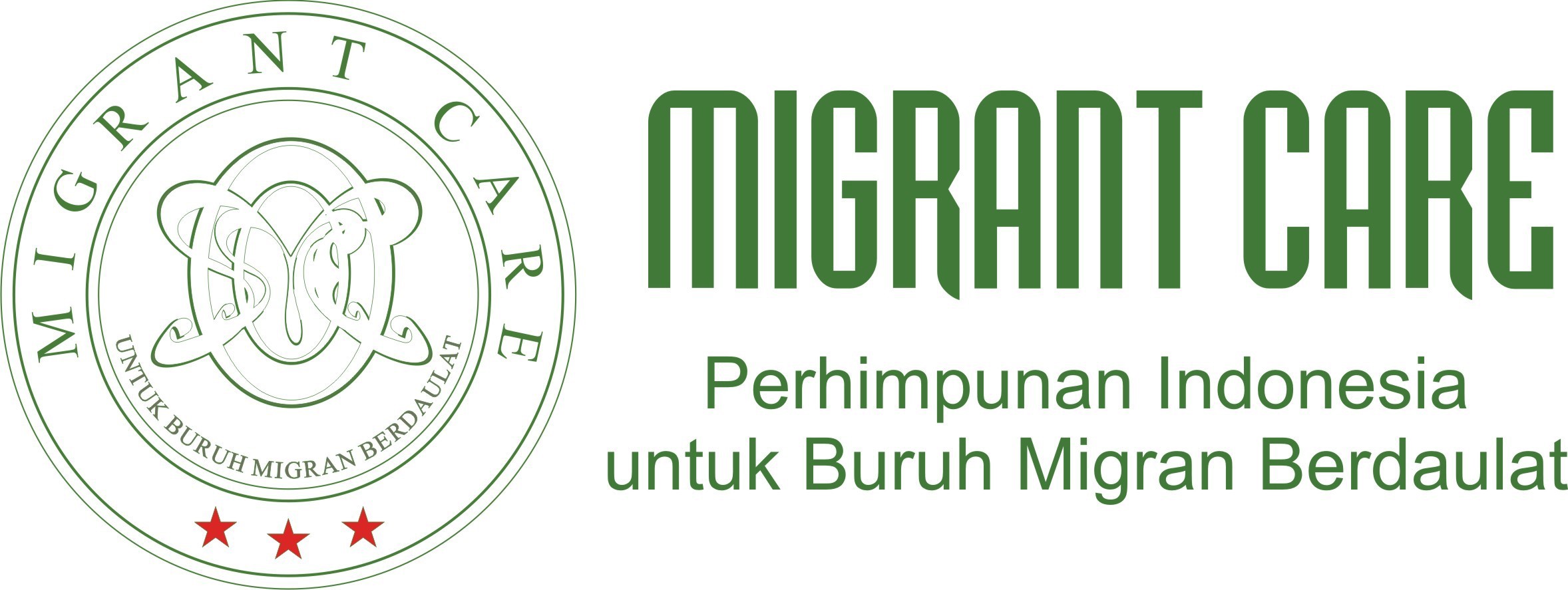 |
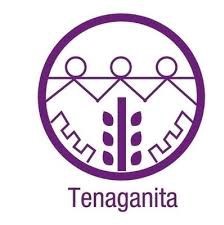 |
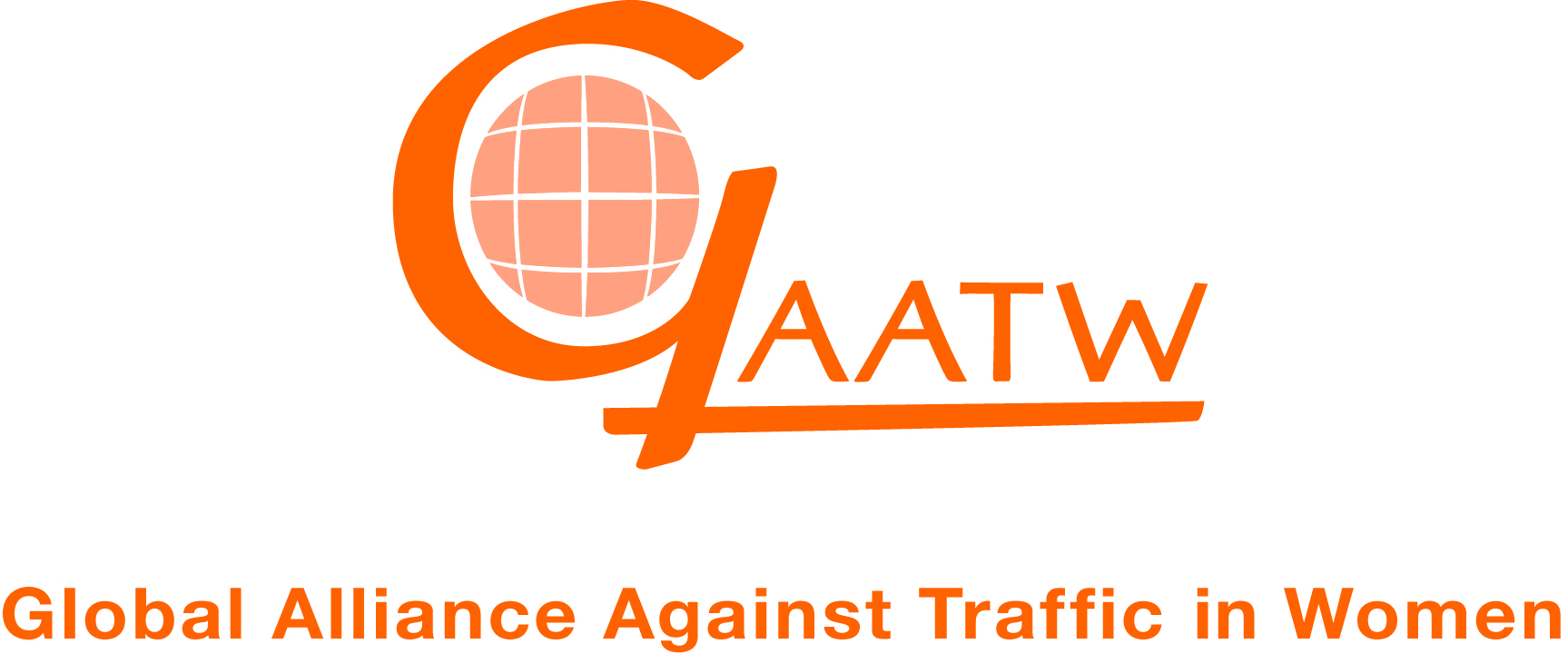 |
RE: THE TRAFFICKING OF PEOPLE FOR THE PURPOSE OF FORCED LABOUR IN ONLINE
CRIMINAL ACTIVITY
8 February 2023
A. Introduction
-
This complaint is made by the Global Alliance against Traffic in Women (in consultative status with AICHR since 2018), Tenaganita Malaysia, and Migrant Care Indonesia, and is directed at Cambodia, Indonesia, Laos PDR, Malaysia, Myanmar, Philippines, Thailand, Singapore and Viet Nam.
B. Statement of facts
- Since 2019, thousands of workers from the ASEAN region have been trafficked by organised criminal groups for the purpose of their forced labour in online criminal activity. Responding to advertisements offering jobs working online, a vast number of people have been tricked into traveling to Cambodia, Myanmar, Laos, Thailand and the Philippines.1 There have also been reports of at least one victim being tricked into travelling to Singapore, before being transported onwards to Thailand and Myanmar.2
Women Workers Demand Their Rights: South Asia Campaign to highlight the contributions and rights of women migrant workers
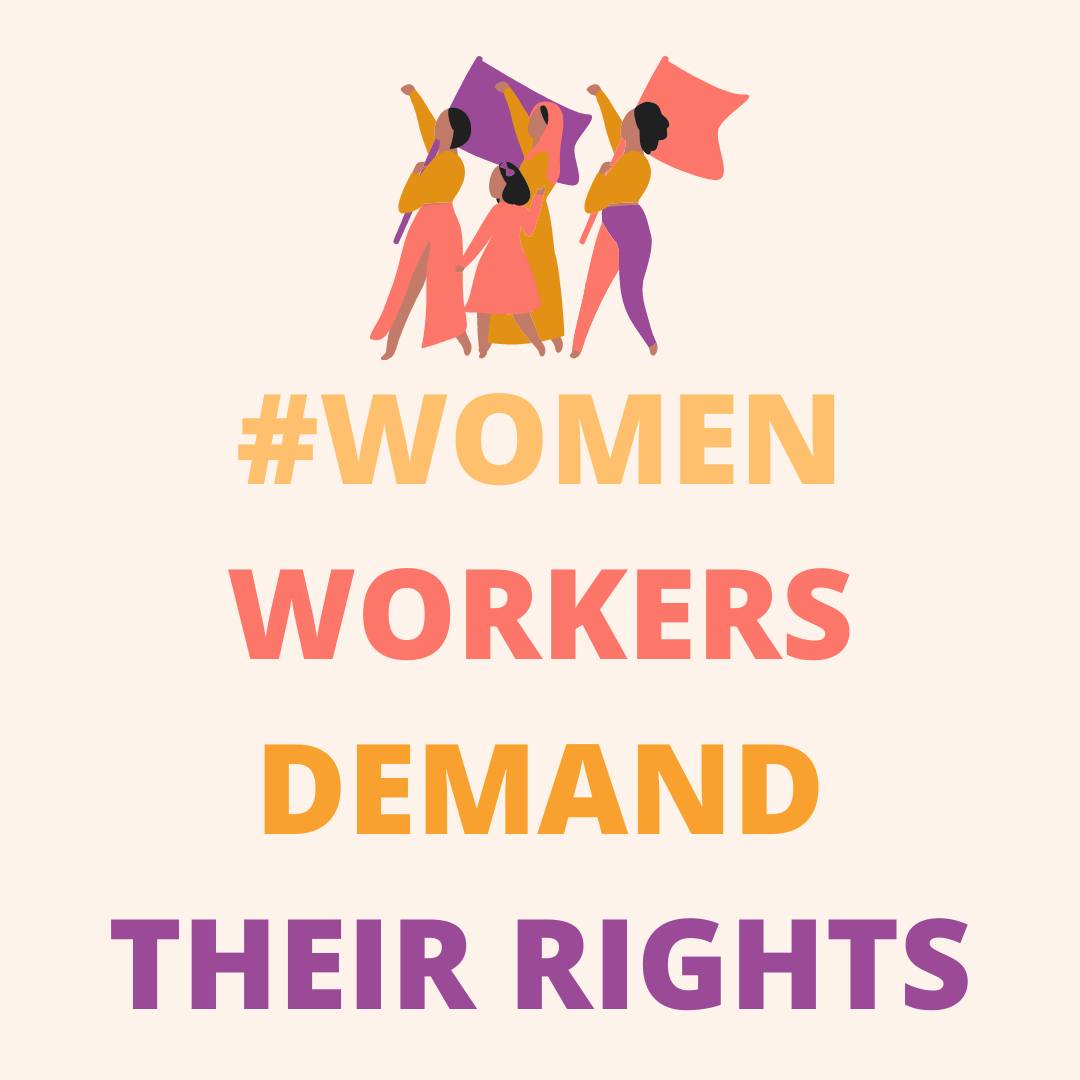 #WomenWorkersDemandTheirRights is a new GAATW initiative to highlight the value of women’s work in society and campaign for access of migrant workers to social security at home and abroad. It was launched as a South Asia regional campaign at an event in Kathmandu, Nepal in August 2022, by GAATW partners from Nepal, Bangladesh, India and Sri Lanka.
#WomenWorkersDemandTheirRights is a new GAATW initiative to highlight the value of women’s work in society and campaign for access of migrant workers to social security at home and abroad. It was launched as a South Asia regional campaign at an event in Kathmandu, Nepal in August 2022, by GAATW partners from Nepal, Bangladesh, India and Sri Lanka.
The campaign grew out of a recent Feminist Participatory Action Research (FPAR) carried out by members and partners of GAATW on the issue of sustainable reintegration of women migrant workers. That research highlighted the challenges faced by many women migrant workers in the region upon their return, including poverty, lack of employment opportunities, and domestic violence. These are among the causes of their migration in the first place. Underlying these are deeply engrained patterns of stigma, rejection and discrimination, which the campaign aims to change. Its main goals are to promote the inclusion of women migrant workers in social security schemes, and to address the widespread discriminatory attitudes in societies, so that women workers can finally get the respect they deserve.
Invest in local communities to facilitate the socio-economic inclusion of migrants and survivors of trafficking
Statement by the Global Alliance Against Traffic in Women
 Ahead of International Migrants Day, 18 December, we call on governments, local authorities, and civil society to invest in local communities to facilitate the socioeconomic inclusion of migrants and survivors of trafficking and prevent their exploitation and abuse.
Ahead of International Migrants Day, 18 December, we call on governments, local authorities, and civil society to invest in local communities to facilitate the socioeconomic inclusion of migrants and survivors of trafficking and prevent their exploitation and abuse.
Over the past two years, GAATW, together with members and partners, conducted one of the largest pieces of global research in our history. We spoke with a total of 970 migrants and survivors of trafficking (953 women and 17 men) in 18 countries across Europe, Asia, and the Americas. Our aim was to learn more about their experiences with socioeconomic inclusion in the destination country or upon return to the country of origin.
Time and time again, the women spoke about the importance of finding a community, either at home or abroad. Repeatedly, they brought up the positive and negative role that people in their surroundings – locals or co-nationals in the country of destination and family and community in the country of origin - play.
"Make women workers visible”: South Asia partners meeting of Women Workers Forum
The South Asia partners of GAATW’s Women Workers Forum met in Kathmandu, Nepal from 17 to 20 August. This was the second regional gathering of the programme after the Southeast Asia partners meeting in Bangkok in July.
 We had participants from eleven organisations across four countries. From India there was Women’s Initiative (WINS), which works with sex workers and farmers in Andhra Pradesh; the Kerala unit of the Self-Employed Women’s Association (SEWA), a trade union for women in the informal sectors; and Shramajivi Mahila Samity (SMS), which works with indigenous and rural women in Jharkhand. From Nepal we had Aaprabasi Mahila Kamdar Samuha (AMKAS), an organisation led by returnee migrant women workers; Women Forum for Women in Nepal (WOFOWON), a network of entertainment sector women workers; Tarangini Foundation, a feminist organisation working to document and advocate for women’s right to work, bodily autonomy and identity; and Women’s Rehabilitation Centre (WOREC), which works on prevention of trafficking from a human rights perspective. From Sri Lanka, there was Eastern Self-Reliant Community Awakening Organisation (ESCO), which works with migrant workers, and Center for Human Rights and Community Development (CHRCD), which works with returnee and prospective migrants. From Bangladesh, we had Badabon Sangho, which works on land and water rights of women in the Sundarbans and Ovibashi Karmi Unnayan Program (OKUP), which works with prospective and returnee migrant workers.
We had participants from eleven organisations across four countries. From India there was Women’s Initiative (WINS), which works with sex workers and farmers in Andhra Pradesh; the Kerala unit of the Self-Employed Women’s Association (SEWA), a trade union for women in the informal sectors; and Shramajivi Mahila Samity (SMS), which works with indigenous and rural women in Jharkhand. From Nepal we had Aaprabasi Mahila Kamdar Samuha (AMKAS), an organisation led by returnee migrant women workers; Women Forum for Women in Nepal (WOFOWON), a network of entertainment sector women workers; Tarangini Foundation, a feminist organisation working to document and advocate for women’s right to work, bodily autonomy and identity; and Women’s Rehabilitation Centre (WOREC), which works on prevention of trafficking from a human rights perspective. From Sri Lanka, there was Eastern Self-Reliant Community Awakening Organisation (ESCO), which works with migrant workers, and Center for Human Rights and Community Development (CHRCD), which works with returnee and prospective migrants. From Bangladesh, we had Badabon Sangho, which works on land and water rights of women in the Sundarbans and Ovibashi Karmi Unnayan Program (OKUP), which works with prospective and returnee migrant workers.
Solidarity with women’s rights, migrant rights, and labour rights movements in Europe
 In September, GAATW hosted a workshop on bridging movements and building alliances during the Transnational Meeting in Sofia organised by LevFem (Bulgaria) and Transnational Social Strike (Italy). This brave and ambitious meeting of more than 130 activists focused on the world's most pressing crises as seen from a European perspective: health and care workers' and migrants' precarious rights (especially refugees and those seeking international protection), Russia’s war in Ukraine, the climate crisis, the situation of prisoners, and more.
In September, GAATW hosted a workshop on bridging movements and building alliances during the Transnational Meeting in Sofia organised by LevFem (Bulgaria) and Transnational Social Strike (Italy). This brave and ambitious meeting of more than 130 activists focused on the world's most pressing crises as seen from a European perspective: health and care workers' and migrants' precarious rights (especially refugees and those seeking international protection), Russia’s war in Ukraine, the climate crisis, the situation of prisoners, and more.
Report on actions of public institutions on human trafficking in Peru
CHS Alternativo and the Peruvian Ombudsman presented the VIII Alternative Report, a document that analyses the actions of public institutions against human trafficking during the 2020-2021 period.
It shows that the budget for combating trafficking has been substantially reduced in the last eight years, reaching just 0.12 Sol per person, which is minimal. "In terms of practicality, this means that the State invests less per person than what a piece of bread currently costs," said the Ombudsman Eliana Revollar Añaños. The document also points out that the COVID-19 pandemic and the political crisis have had an impact on human trafficking. Traffickers have innovated in their recruitment methods and have moved to the digital space, through social media networks. In addition, they have taken advantage of the vulnerability of those who have lost their jobs, live in situations of violence, or require urgent economic assistance.
On the other hand, during the state of emergency, state services that were not considered essential were left neglected, which is why arrests, investigations, prosecutions, and convictions for trafficking were postponed, leaving a climate of impunity that allowed criminals to operate with lower risk of detection and sanction.
Creating learning spaces and moving towards change: Southeast Asia partners meeting of Women Workers Forum
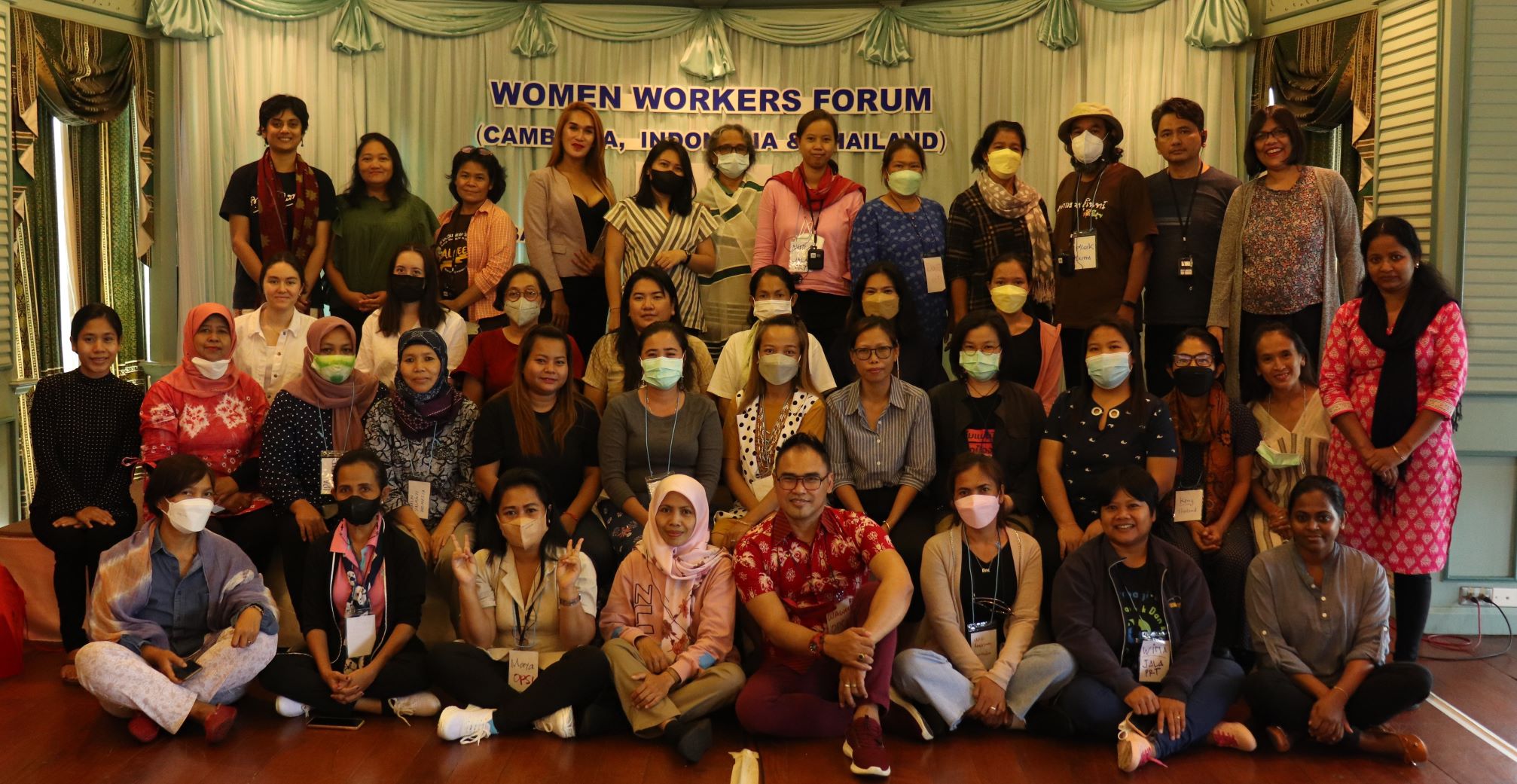 |
Group photo of the SouthEast Asia participants at the Women Workers Forum held in Bangkok in July 2022. Photo by Jennifer Janssen |
In July, we organised a convening of the Southeast Asia partners of the Women Workers Forum (WWF) programme in Bangkok. The core aim of WWF is to create a supportive space for workers’ political education through peer-learning processes, which would aid in realising their rights at work and strengthen their self-organising. Building their collective strength and voices is a way to challenge the invisibilisation of women’s work in society. It is premised on the belief that women workers can set their own learning agendas and articulate their visions for change, with external agents such as NGOs only supporting the process. We hope that through the process of mutual learning and increasing awareness, women workers will be able to engage with the state, employers, and other stakeholders to make their demands for dignified work and living conditions. The programme’s partners span several countries across Southeast, South and West Asia.
